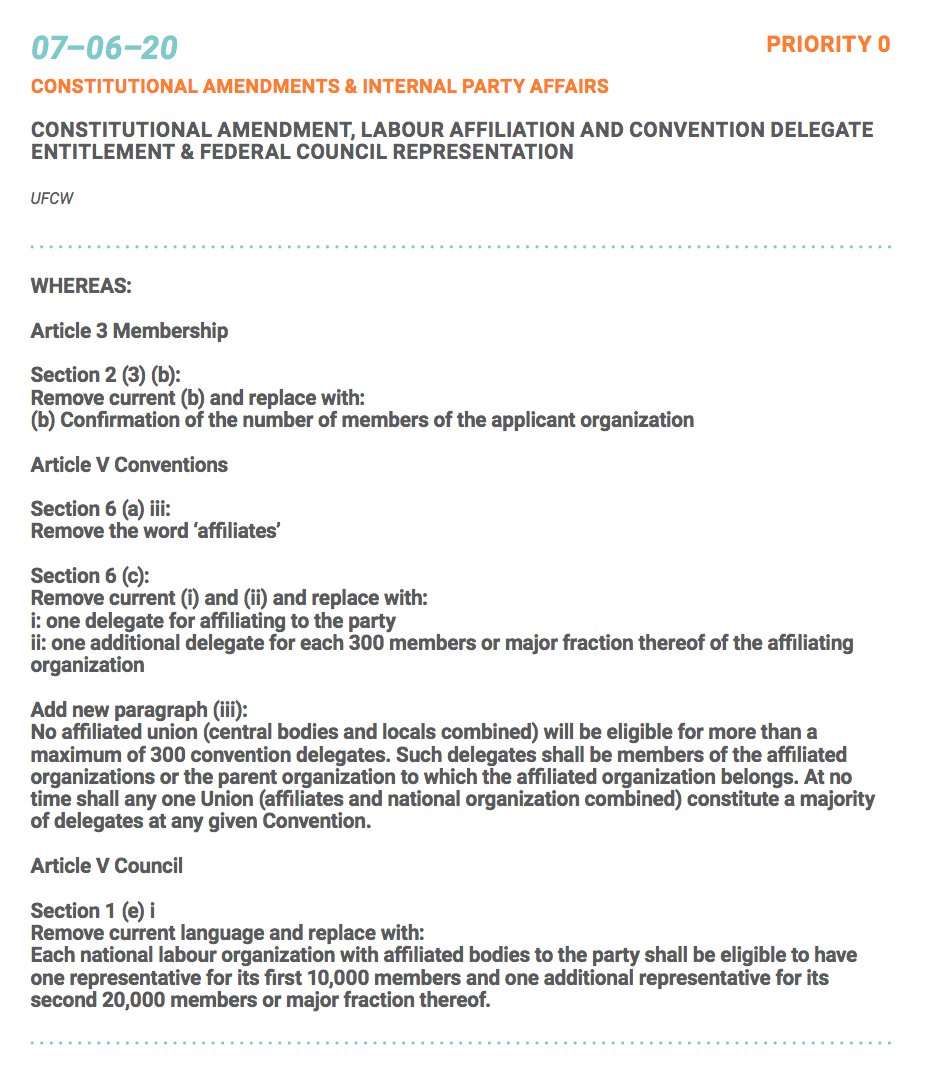
Much ink has been spilled in recent weeks over union endorsements for Ford's Conservatives in Ontario - and what that may mean for the future of labour politics in Canada. Here's a 🧵.
#canlab #onpoli #cdnpoli
#canlab #onpoli #cdnpoli
For context, the 8 construction unions that endorsed Ford have a combined membership that represents less than 5% of Ontario's total union membership. The NDP secured support from a broader range of much larger public and private sector unions.
But what made the PC endorsements newsworthy was their novelty (with the exception of LIUNA which also supported Ford in 2018). Remember that construction unions emerged as a key opponent of the Ontario PCs from 1999 to 2014, through the Working Families Coalition.
The Conservative case for unions is designed to exploit fissures between private and public sector workers by positioning the party as a catalyst for private sector growth and opportunity, on one hand, and public sector restraint on the other.
This approach was made clear by Ontario's Labour Minister when he tweeted back in April 2022: "We know Ontario is built by those who shower at the end of the day, not the start."
Conservatives decry economic inequality, but in a way that lays blame not on capitalism as an economic system, but rather foreign actors, greedy elites, and a bloated public sector.
Conservatives are using populist and conservative cultural appeals to address the very real material concerns of union members in a way that clearly differentiates them from other parties more closely associated with the promotion of working-class interests historically.
For example, the Conservatives frame the NDP’s legitimate concerns over climate change and Indigenous sovereignty as both anti-development and anti-labour on the basis that the NDP’s concern for these issues inhibits the growth and job creation that union members rely on.
This is precisely the dynamic Ontario PC Labour Minister Monte McNaughton was referring to when he argued “the left, truthfully, has chosen social justice and identity politics instead of things that matter to families.”
Despite the fact that building and constructions trades unions emerged as a key opponent of the Ontario PC's anti-union agenda from 1999 to 2014, these union voters were always the lowest hanging fruit for the Tories.
The overwhelmingly male membership and pro-development mentality of construction unions make them more naturally aligned with the PCs. And when the PCs are in power, construction unions' transactional approach to politics has greater potential.
Whether this new alliance will be sustained is still an open question. However, it's clear that the NDP’s gradual drift to the centre on economic issues and weakening ties to the labour movement have invited such strategic interventions from the right.
Of course, this dynamic is not unique to Canada. Right-wing populist frames have helped to construct an alternative narrative about the sources of economic insecurity and the solutions needed to bring working-class communities back to life.
Rising to the challenge of the populist right is made all the more difficult in the Canadian context by the deep divisions within the labour movement. Linguistic, ideological, and sector-specific divisions all impede efforts to unite union voters around a common political vision.
The challenge for both the NDP & labour is to contest the legitimacy of such frames by putting forward an alternative vision and understanding of the economy that directly addresses workers' material interests in ways that unite people through shared class interests.
Lots more to say on this topic, just needed to get this down to kickstart a new writing project. Have a great weekend everyone!
• • •
Missing some Tweet in this thread? You can try to
force a refresh





